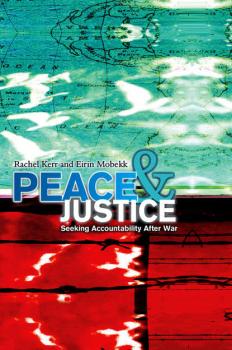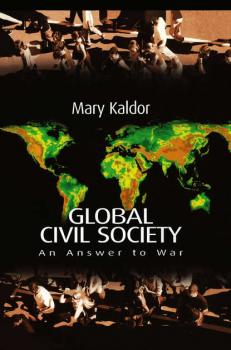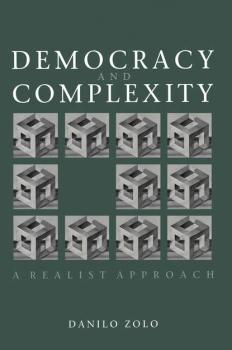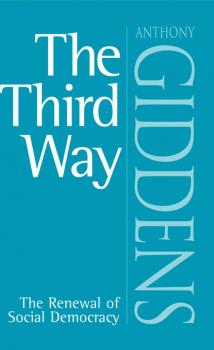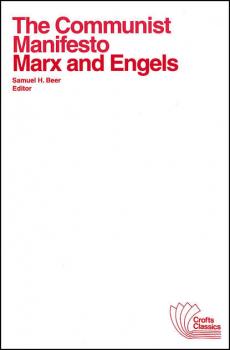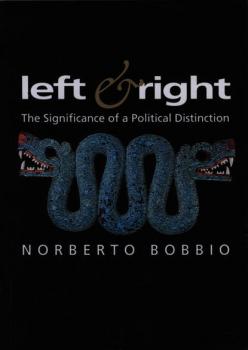Политика, политология
Различные книги в жанре Политика, политологияTransboundary Environmental Negotiation
Transboundary Environmental Negotiation is an important collection of articles generated by faculty and graduate students at MIT, the Fletcher School of Law and Diplomacy at Tufts University, and the Program on Negotiation at Harvard Law School. The contributors emphasize the ways in which global environmental treaty-making can be improved. They highlight new environmental problems that pose difficult global negotiation challenges and suggest new strategies for involving a range of nongovernmental actors in ways that can overcome the obstacles to transboundary environmentalism.
Who Rules Britain?
The lifestyle, economic basis and political affiliations of the British upper class are the focus of this exciting new textbook. Combining a review of existing sociological theory on class and capitalism with material drawn from a great variety of sources it is likely to become a standard course text. Examining the question of whether there is still a ruling class in Britain, John Scott presents an account of the historical development of the British upper class, the development of industrial and financial dynasties, town and country society as well as of London and the political world. Photographs and other illustrations cover subjects as diverse as public school fees, the structure of parliament, and the dates and events of the 'Season'.
International Civil Society
Since the end of the Cold War, activists and scholars alike have celebrated the phenomenal growth of transnational social movements across the globe. For some, this new eruption of grass-roots political activism on a world scale – from the Rio Earth Summit to the Seattle anti-globalization protests – represents the emergence of a global or transnational civil society. This book provides a critical survey of recent approaches to the study of civil society and international relations, presenting an alternative historical and sociological account of the interaction between these two spheres. It makes a theoretical case for the importance of social movements in world politics arguing that modern social movements emerging out of civil society have been instrumental in shaping the contemporary international system. In this wide-ranging engagement with past and present controversies in international relations, Colás shows how a renewed conception of international civil society can illuminate future possibilities for international social movement activity. This book will be of great interest to students and scholars of international relations, political sociology and social history, as well as those who seek to play a part in global politics.
Responsibility to Protect
At the 2005 UN World Summit, world leaders endorsed the international principle of Responsibility to Protect (R2P), acknowledging that they had a responsibility to protect their citizens from genocide and mass atrocities and pledging to act in cases where governments manifestly failed in their responsibility. This marked a significant turning point in attitudes towards the protection of citizens worldwide. This important new book charts the emergence of this principle, from its origins in a doctrine of sovereignty as responsibility, through debates about the legitimacy of humanitarian intervention and the findings of a prominent international commission, and finally through the long and hard negotiations that preceded the 2005 commitment. It explores how world leaders came to acknowledge that sovereign rights entailed fundamental responsibilities and what that acknowledgment actually means. The book goes on to analyze in detail the ways in which R2P can contribute to the global effort to end genocide and mass atrocities. Focusing on the prevention of these crimes and the improvement of the world’s reaction to them, the book explores the question of how to build sustainable peace in their aftermath. Alex J. Bellamy argues that although 2005 marked an important watershed, much more work is needed to defend R2P from those who would walk away from their commitments and – in the words of UN Secretary-General Ban Ki-moon – to translate the principle ‘from words into deeds’. This fascinating book will appeal to students and scholars of international relations, international affairs, human rights and humanitarian emergencies, as well as anyone concerned about the protection of civilians on a global scale
Peace and Justice
In recent years there has been a tendency to intervene in the military, political and economic affairs of failed and failing states and those emerging from violent conflict. In many cases this has been accompanied by some form of international judicial intervention to address serious and widespread abuses of international humanitarian law and human rights in recognition of an explicit link between peace and justice. A range of judicial and non-judicial approaches has been adopted in recognition of the fact that there is no one-size-fits-all model through which to seek accountability. This book considers the merits and drawbacks of these different responses and sets out an original framework for analysing transitional societies and transitional justice mechanisms. Taking as its starting point the post-Second World War tribunals at Nuremburg and Tokyo, the book goes on to discuss the creation of ad hoc international tribunals in the 1990s, hybrid/mixed courts, the International Criminal Court, domestic trials, truth commissions and traditional justice mechanisms. With examples drawn from across the world, including the former Yugoslavia, Rwanda, Cambodia, Timor-Leste, Sierra Leone, Uganda and the DRC, it presents a compelling and comprehensive study of the key responses to war crimes. Peace and Justice is a timely contribution in a world where an ever-increasing number of post-conflict societies are grappling with the complex issues of transitional justice. It will be a valuable resource for students, scholars, practitioners and policy-makers seeking to understand past violations of human rights and the most effective ways of addressing them.
Global Civil Society
The terms 'global' and 'civil society' have both become part of the contemporary political lexicon. In this important new book, Mary Kaldor argues that this is no coincidence and that the reinvention of civil society has to be understood in the context of globalization. The concept of civil society is no longer confined to the borders of the territorial state. Whether one considers dissidents in repressive regimes, landless labourers in Central America, campaigners against land mines or global debt, or even religious fundamentalists, it is now possible for them to link up with other like-minded groups in different parts of the world and to address demands not just to national governments but to global institutions as well. This has opened up new opportunities for human emancipation, and, in particular, for going beyond war as a way of managing global affairs. But it also entails new risks and insecurities. This is a book about a political idea – an idea that came out of the 1989 revolutions. It is an idea that expresses a real phenomenon, even if the boundaries and shape of the phenomenon are contested and subject to constant redefinition. The study of past debates as well as the actions and arguments of the present is a way of directly influencing the phenomenon, and of contributing to a changing reality, if possible for the better. The task is all the more urgent in the aftermath of September 11. Global Civil Society will be read by students of politics, international relations and sociology, as well as activists, policy-makers, journalists and all those engaged in global public debates.
Democracy and Complexity
This book is a highly original and provocative contribution to democratic theory. Zolo argues that the increasing complexity of modern societies represents a fundamental challenge to the basic assumptions of the Western democratic tradition and calls for a reformulation of some of the key questions of political theory. Zolo maintains that, as modern societies become more complex and more involved in the `information revolution', they are subjected to new and unprecedented forms of evolutionary stress – as manifested, for instance, in the growing autonomy and power of political parties, and in new kinds of political communication which create and sustain the fiction of consensus. These forms of stress have become so serious that they threaten to undermine some of the values traditionally associated with democracy, such as the rationality and autonomy of the individual, and the visibility and accountability of power.
The Third Way
The idea of finding a 'third way' in politics has been widely discussed over recent months – not only in the UK, but in the US, Continental Europe and Latin America. But what is the third way? Supporters of the notion haven't been able to agree, and critics deny the possibility altogether. Anthony Giddens shows that developing a third way is not only a possibility but a necessity in modern politics.
The Communist Manifesto
Edited by Samuel H. Beer, with key selections from Capital and The Eighteenth Brumaire of Louis Bonaparte, this volume features an especially helpful introduction that serves as a guide to Marxist political and economic theory and to placing the specific writings in their contemporary setting. Included are a bibliography and list of important dates in the life of Karl Marx.
Left and Right
Following the collapse of communism and the decline of Marxism, some commentators have claimed that we have reached the 'end of history' and that the distinction between Left and Right can be forgotten. In this book – which was a tremendous success in Italy – Norberto Bobbio challenges these views, arguing that the fundamental political distinction between Left and Right, which has shaped the two centuries since the French Revolution, has continuing relevance today. Bobbio explores the grounds of this elusive distinction and argues that Left and Right are ultimately divided by different attitudes to equality. He carefully defines the nature of equality and inequality in relative rather than absolute terms. Left and Right is a timely and persuasively argued account of the basic parameters of political action and debate in the modern world – parameters which have remained constant despite the pace of social change. The book will be widely read and, as in Italy, it will have an impact far beyond the academic domain.




